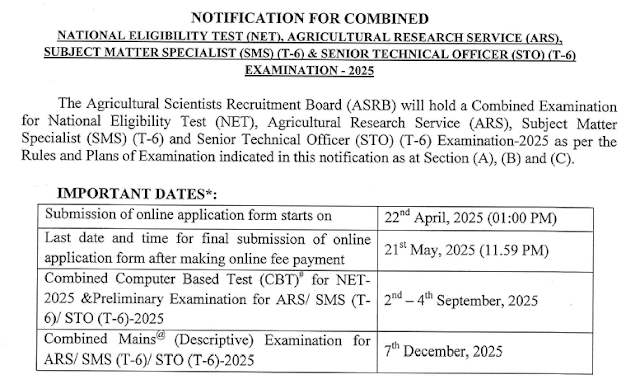The Unseen Majority: Microbial Dark Matter
Soil, often overlooked, is a treasure trove of microbial life. A 2023 study published in Nature Communications introduced the Soil Metagenome-Assembled Genome (SMAG) catalogue, reconstructing over 40,000 microbial genomes from 3,304 soil samples. The study sheds light on an immense pool of uncultured soil microorganisms and their novel functions, including unexplored enzymes and carbon cycling pathways.
🔗 Reference:
Delmont, T.O., et al. (2023).
Reconstruction of 40,000 metagenome-assembled genomes expands the microbial tree of life.
Nature Communications Deep-Sea Discoveries: A New Frontier for Antibiotics
The Arctic Ocean floor is becoming a hotspot for antibiotic discovery. In 2024, researchers identified two promising compounds—arcticoside and rhodocardin—isolated from Arctic marine bacteria Kocuria and Rhodococcus. These compounds exhibited strong antibacterial effects against E. coli and other enteropathogens, offering hope in the race against antimicrobial resistance.
🔗 Reference:
Plant Endophytes: Enhancing Crop Resilience
Endophytes—beneficial microbes residing within plant tissues—play a vital role in crop health. A 2024 review in Microorganisms highlights how microbial communities can be engineered to enhance crop yields, improve nutrient uptake, and confer stress resistance, offering sustainable alternatives to chemical fertilizers.
🔗 Reference:
Chowdhary, P. et al. (2024).
Emerging Trends in Plant-Microbe Interactions for Sustainable Agriculture.
MicroorganismsGut Microbiome: Nature's Influence on Human Health
A Finnish study found that children exposed to forest-rich playgrounds experienced improved gut microbial diversity and immune responses. These findings support the "biodiversity hypothesis"—the idea that a diverse environmental microbiome can positively influence human health, especially in preventing autoimmune and inflammatory conditions.
🔗 Reference:
Parajuli, A., et al. (2023).
Biodiversity intervention enhances immune regulation and gut microbiota composition in children.
Science AdvancesAI and Metagenomics: Accelerating Microbial Discoveries
Artificial intelligence is now reshaping how we discover microbial products. A 2024 study in Journal of Medicinal Chemistry discusses how deep learning models can mine metagenomic data for biosynthetic gene clusters (BGCs), enabling rapid prediction of natural products like antibiotics, antivirals, and anti-cancer compounds.
🔗 Reference:
Chevrette, M.G., et al. (2024).
Artificial Intelligence in Natural Product Discovery: Algorithms, Applications, and Outlook.
Journal of Medicinal ChemistryThe Road Ahead: Embracing Microbial Potential
As we continue to explore the microbial world, the potential applications of these discoveries are vast:
-
Medicine: Discovering new antibiotics and therapeutics
-
Agriculture: Enhancing crop productivity through beneficial microbiomes
-
Environment: Using microbes for carbon capture, pollution control, and waste degradation
The message is clear: microbes we’ve never heard of might be the very key to a sustainable and healthier future.
Stay curious, stay tuned, and never underestimate the power of the unseen world beneath and around us.



Comments